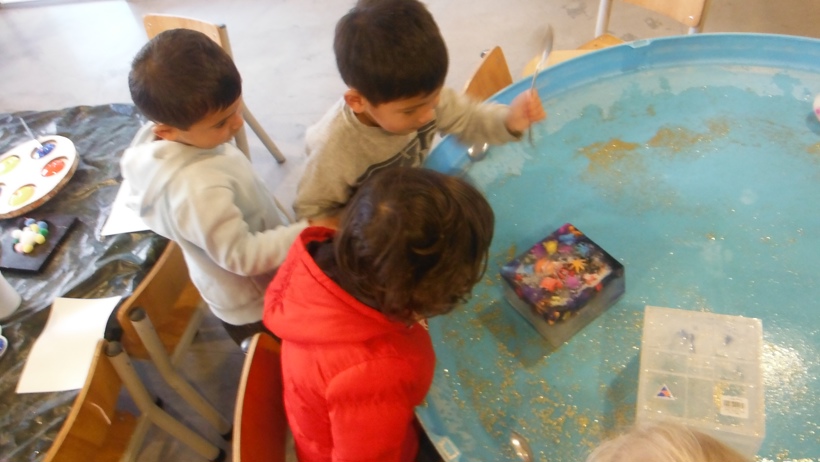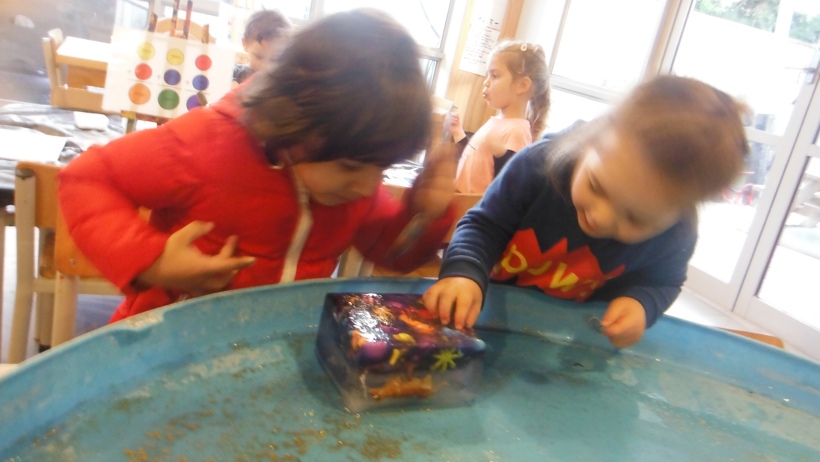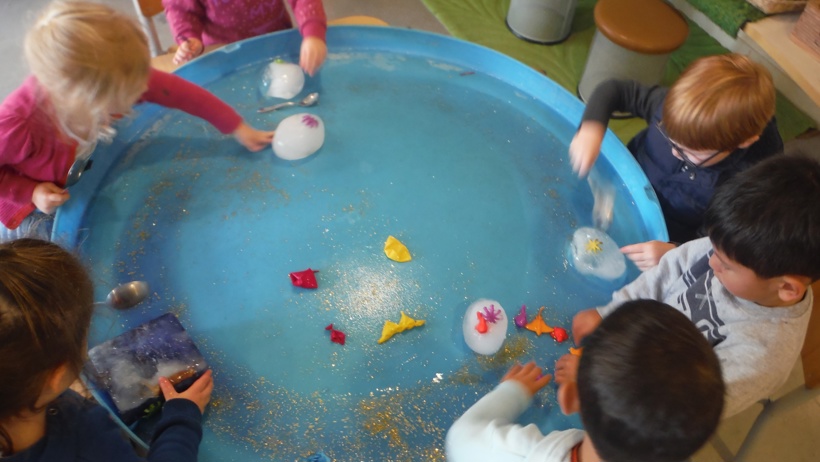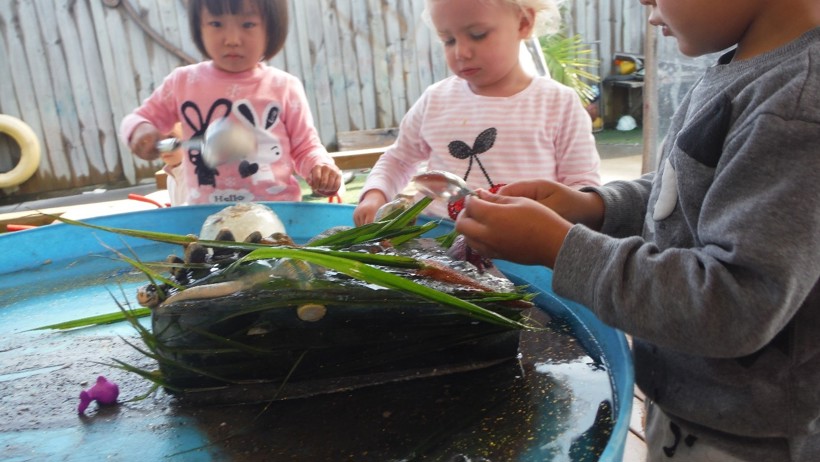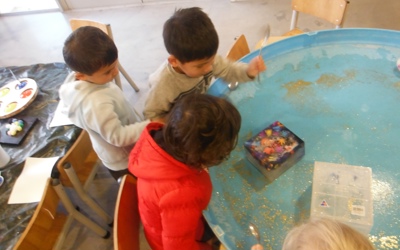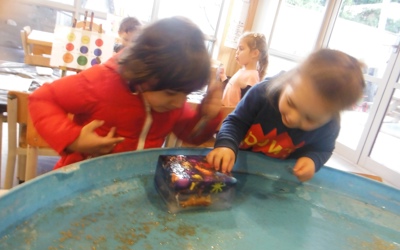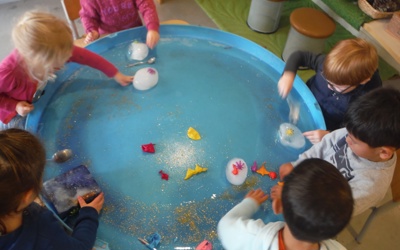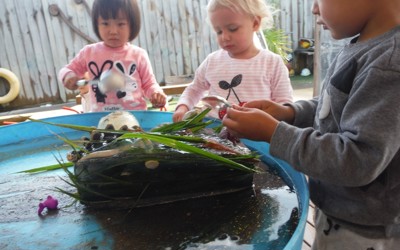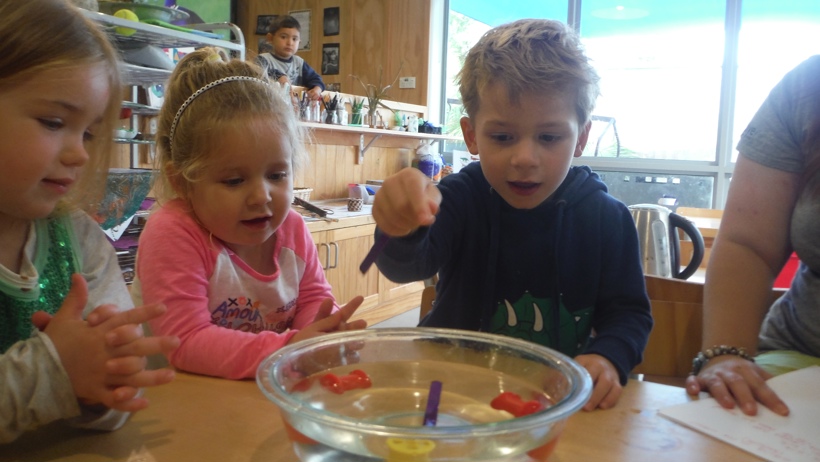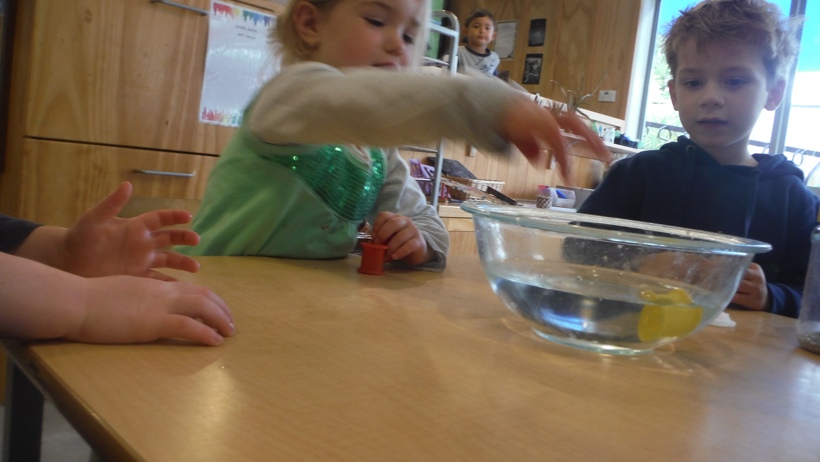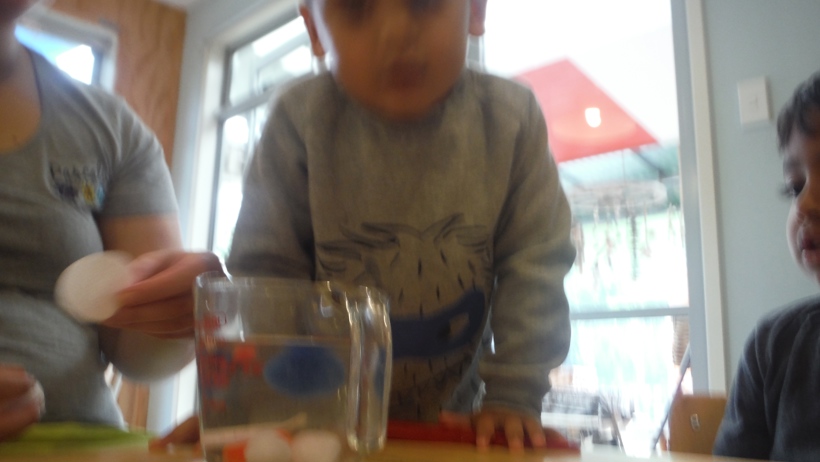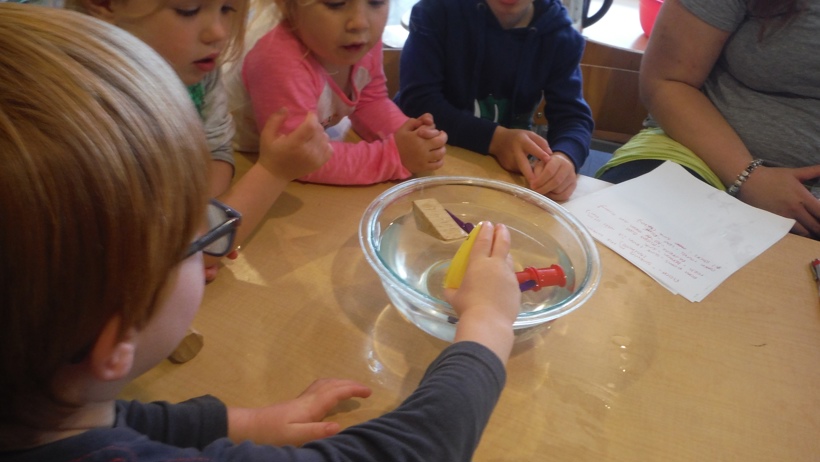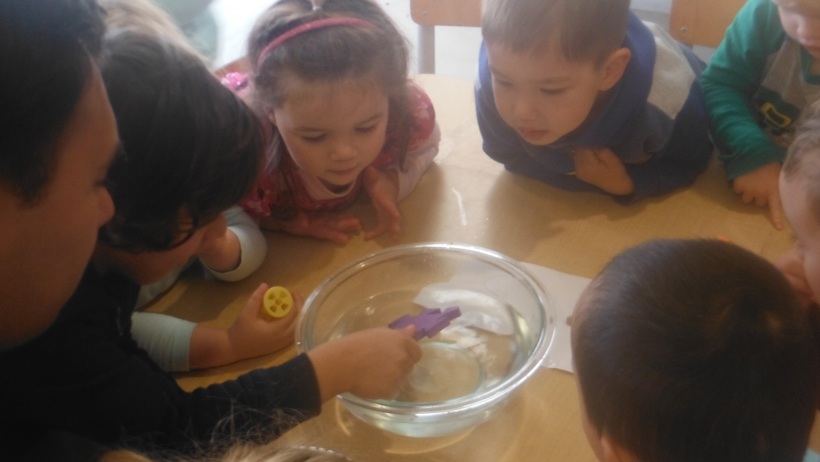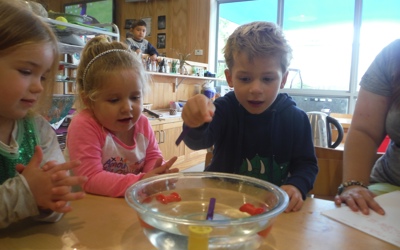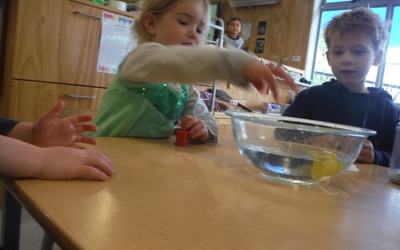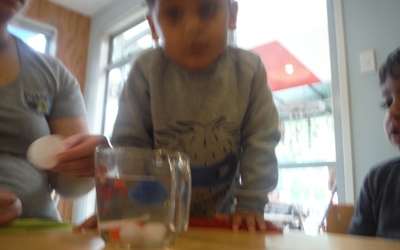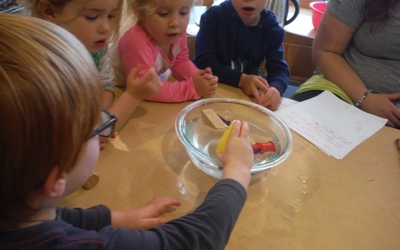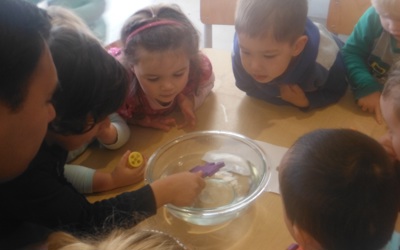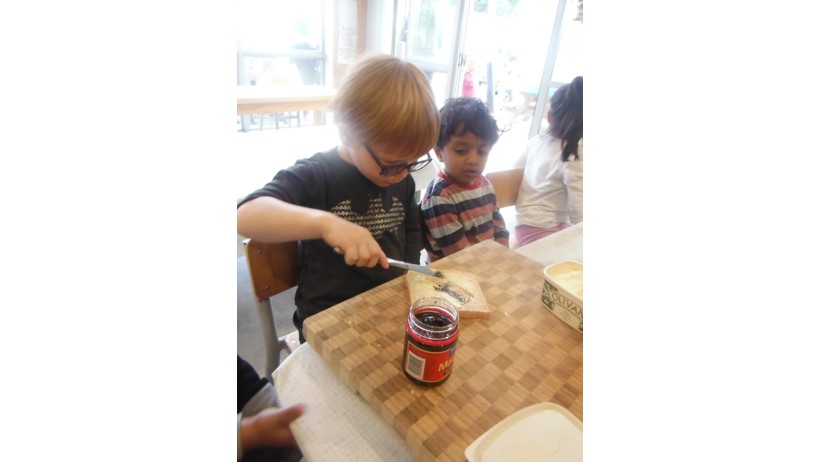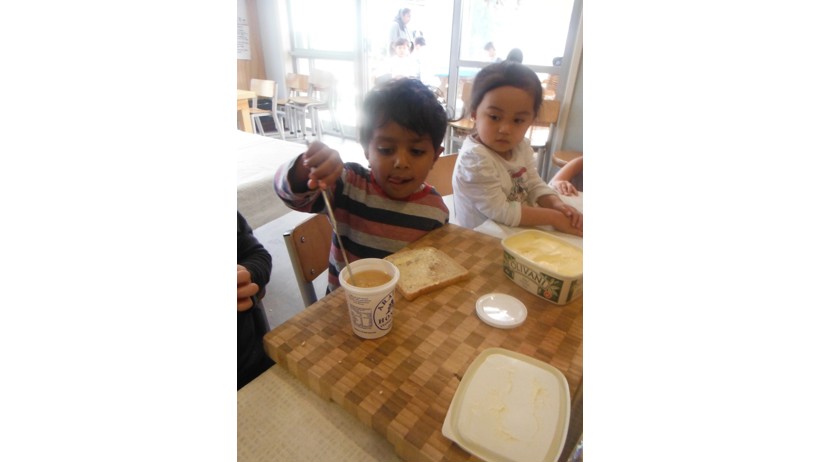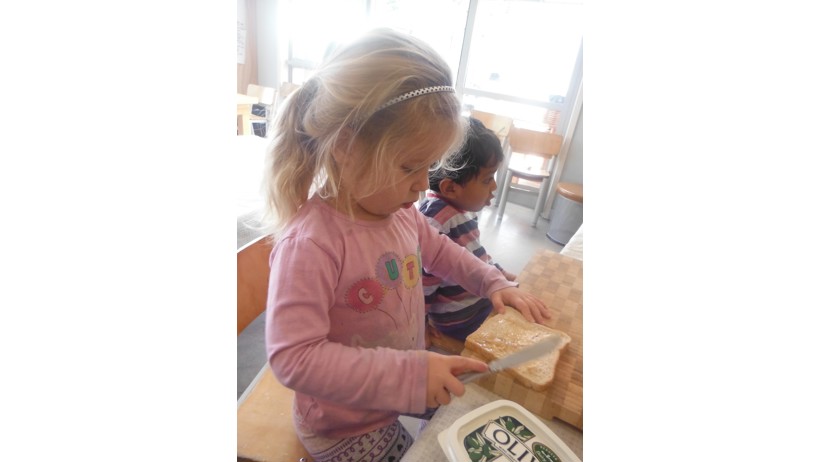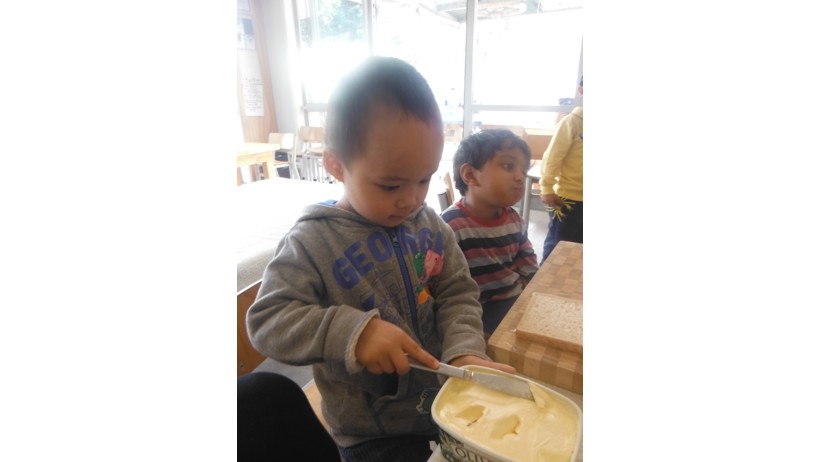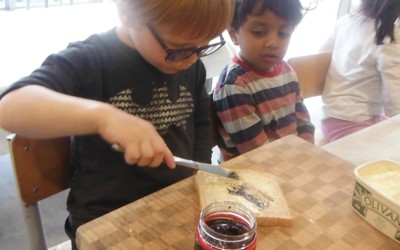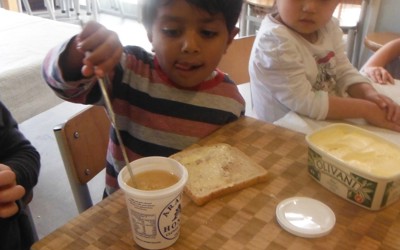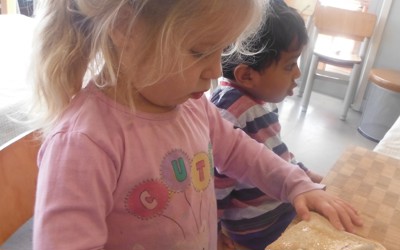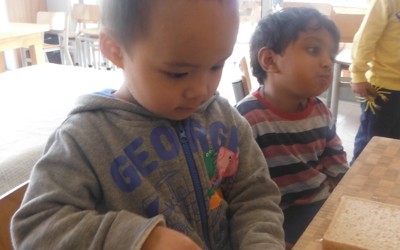Articles
Science and Sensory project at Pascals St Johns
By: Pukeko (3-4 year olds)
This Term we are following the interest of the children as a group. Recently the children seem to love exploring ‘Why things happen?” The curiosity of the children have led to our team giving the children more experience where they test, experiment and predict. The children also have been interested in sensory and making of resources e.g. gloop, slime, coloured salt etc.…
Child-led learning is a term used to describe education programmes in which children are responsible for deciding what to learn. In some cases it extends to kids being in control of how long they spend on a particular lesson and the methods and materials used for the experience. As teachers we observe their interest and ask the children questions about their learning to create ideas for project time. Child-lead play is based on the idea that we are naturally curious about the world around us. By allowing kids to explore, you encourage them to be life-long learners and to take responsibility for their education. As teachers we encourage their curiosity about the world around them.
Freezing and melting (Science):
Children are engaged in science whenever they are learning about the world around them. This sort of play allows children to develop a perception of themselves as ‘explorers’ – competent, confident learners who ask questions and make discoveries. Science and nature can help children to: learn to question and investigate think and act discover how nature works learn the correct names for animals, plants and nature. As the weather gets colder the children have begun to ask about ice and snow. “When it gets cold it gets icy” We talked about ice at mat time and how it has to be really cold in order for ice to form from a liquid (water) to a solid). We grabbed an empty cubby and filled it with water. The children then pout their toys to see what would happen if the water become ice. The next day we took it out of the freezer as the children came in thy tried to pull the toys out, but they couldn’t. Some children used spoons, hammers and other tools to ‘Smash the ice open, other children used warm water and watched as the ice melts. These are both two great ways of thinking!
Sinking and floating (Science):
With the weather getting cold and wet we have noticed the children using the puddles outside to test out weather the sandpit toys would float on top of the water. We brought this idea inside and had the children pick out a resources to test out if it would sink or float. We asked for their predictions and why they might think it would do that. This was a great way to get the children to think about their reasoning and use their scientific thinking.
Slime (Sensory):
Messy play gives children the opportunity to experience a wide range of sensory experiences. Messy play solutions such as slime and gloop help children learn about different textures and materials. Messy play can help children to: Relax - it is a very soothing activity experiment with and explore the properties of the solutions e.g. does it hold its shape or pour or run? What happens when substances combine? Learn about colour mixing, patterns, design, texture and rhythm develop hand-eye coordination and practise pouring, measuring, mixing, scooping and beating skills. Gloop and playdough are a daily experience in the Pukeko room, but more recently the children have been talking about slime. We researched different recipes using lots of different ingredients. Having the children choose their sensory play gives them a sense of control of their own learning and play and having the teachers play alongside the children.
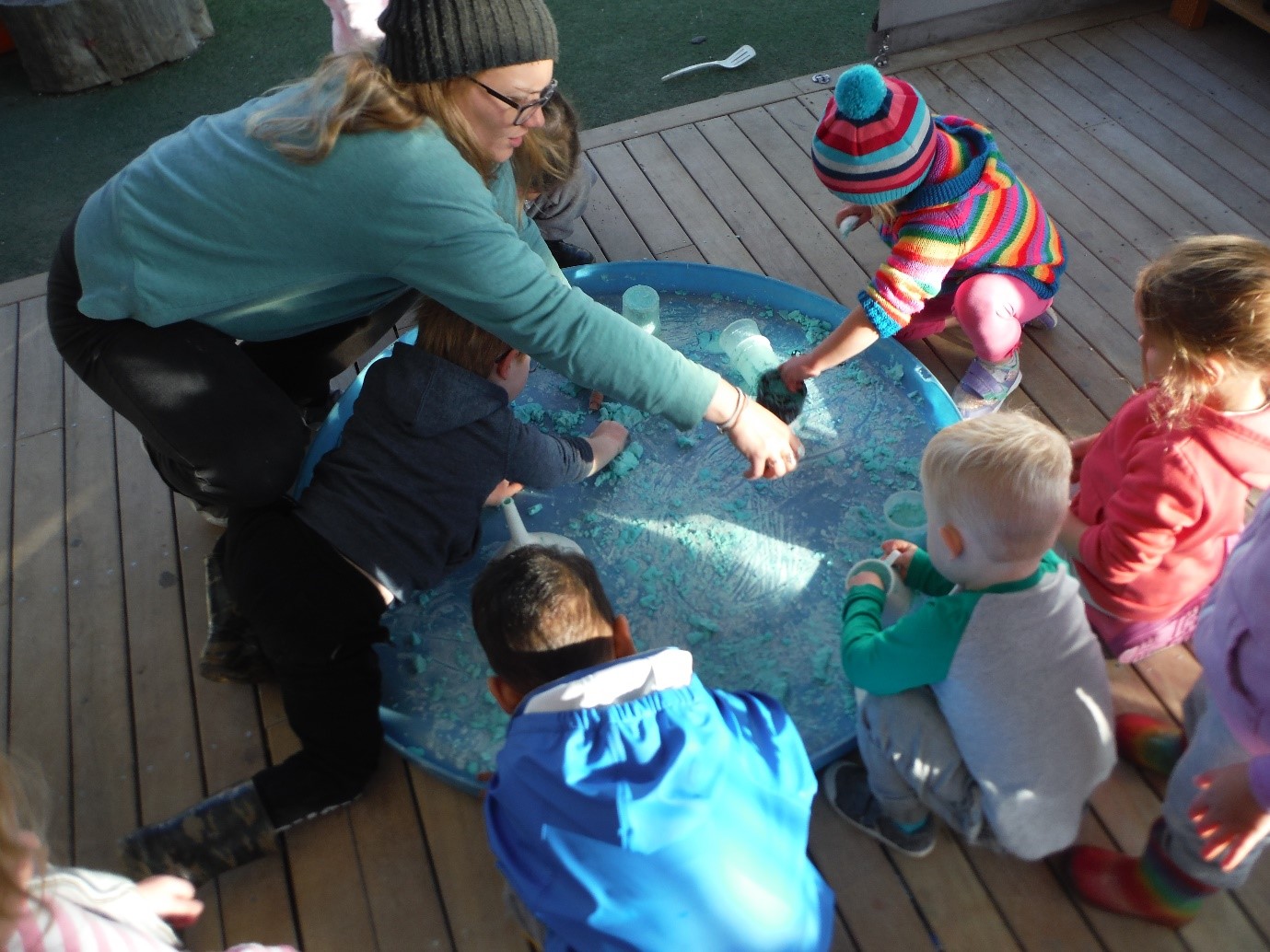
Kai (Food):
Cooking and baking and food preparation is always a popular experience in the Pukeko room. The children have been asking if they can make their own lunch. We sat with the children and asked them what they would like to make and what kind of lunch do they have at home? Sandwiches was chosen by the children. Cooking with kids provides practical experience with many essential skills such as reading, following directions, and measuring. Getting involved in cooking helps your child to develop fine motor skills, eye hand coordination, and even early concepts of math and science

